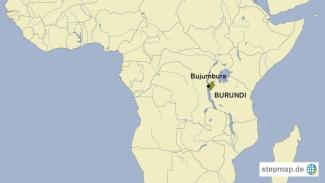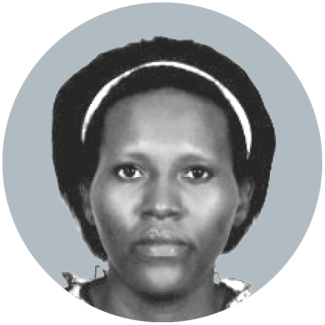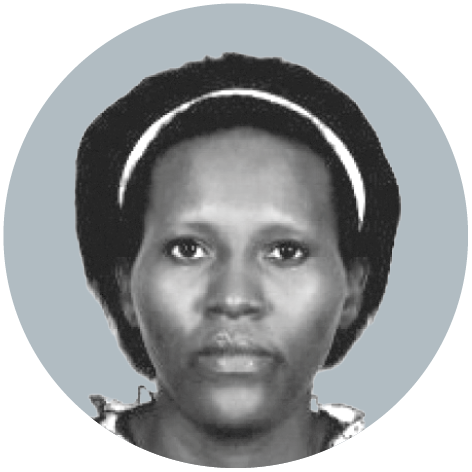Minors in prison
Finding a path to freedom

The tiniest “prisoners” in Burundi are in jail through no fault of their own. In all, 101 infants under the age of three live with their mothers in Burundian prisons. In some cases pregnant inmates gave birth while in prison. In other cases mothers convicted of a crime brought their babies to prison because they had nowhere else to leave them.
Separately, 160 young offenders between the ages of 15 and 18 are incarcerated in Burundi after being found guilty of crimes. Of these, 139 are boys housed in youth re-education centres in Ruyigi in the east and Rumonge in the south. The other 21 are young female offenders housed in the country’s women’s prison in Ngozi in the north.
A problem common to all prisoner groups in Burundi is crowding. Burundi has a total of 17 correctional facilities with a combined official capacity of 4,500 inmates. In fact, though, the country’s prison population currently numbers about 11,000 inmates.
For prison authorities, caring for infants and very young children poses some unique issues. But the authorities face far bigger problems related to housing and rehabilitating teenage offenders.
The main issues regarding the infants and young children is ensuring some basic rights. For example, babies who are born in prison have their place of birth registered as the neighbourhood in which the prison is located. "It is strictly forbidden to register a child as born in prison" to avoid a stigma later in life, says Aloys Habonimana, director of administration at Burundi’s Directorate General of Penitentiary Affairs. Also, babies and young children in prison receive the same vaccinations as those in the general population.
The teenage offenders, on the other hand, have more complex needs. One is simply ensuring that they get enough to eat. According to SPF-Ntabariza, an NGO that campaigns for prisoners’ rights, the prison system gives teenagers the same daily rations as adult prisoners: 350 grams of beans and 350 grams of cassava or maize flour. “That diet is not suitable for growing children,” says NGO head Jean-Marie Nshimirimana. Part of his organisation’s work is to supplement the teenagers’ diet.
The government’s prisons administration counters that it, too, gives teenaged prisoners diet supplements to ensure they grow properly. “The children’s meals are improved with porridge and with fresh fruits and vegetables from the prisons’ gardens,” says Gervais Hajayandi, Burundi’s director general of prison affairs. The meal supplements are supported in part by the International Committee of the Red Cross, which also provides health care for incarcerated minors.
Another issue facing prison authorities is providing teenaged inmates with programmes that promote their intellectual development and rehabilitation. SPF-Ntabariza offers programmes to entertain and educate them and prepare them for life outside prison. “A child’s place is in school,” Nshimirimana says.
The prisons administration agrees that young offenders need targeted educational programmes. “We are aware of the insufficient resources available for these young prisoners,” Hajayandi says. “But our budget is limited. We try to improve conditions for the youths by housing them in separate re-education centres instead of in the main prisons.”
Mireille Kanyange is a journalist for Radio Isanganiro in Burundi.
mika.kanyange@gmail.com










